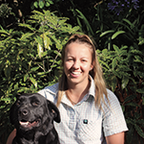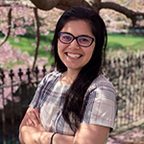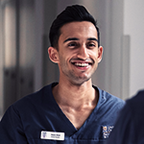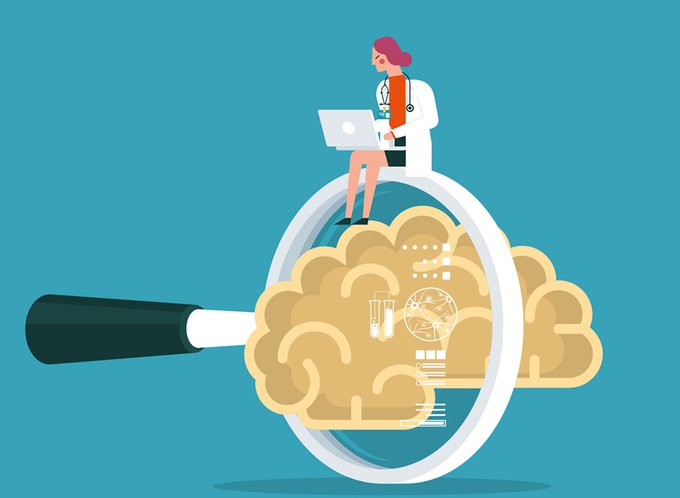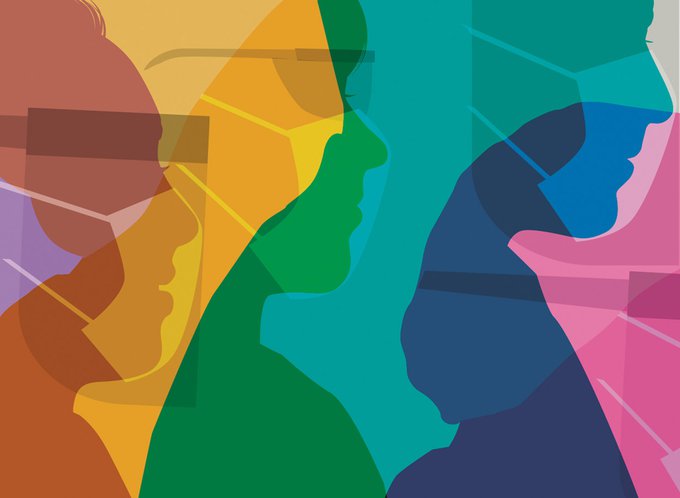In their last columns of the year, the student association leaders discuss how the history of their fields affects their studies and how the future of their professions might be shaped by today's students.
What lessons have you learned from veterinary science's history?
Over the years, veterinary science has changed its view on animal welfare and animal science. Thirty years ago, the only veterinary equipment for diagnosis was the X-ray. We now have digital X-ray, ultrasound, MRI, advanced laboratory testing, laparoscopic technology and more.
The perception of 'pain' has also dramatically changed, as people didn't know animals could feel pain until more recently. We are now taught the importance of formulating a pain relief plan, which has also had massive changes in our production and animal industry.
What do you think will be the biggest issues in veterinary science's future?
I think technology possesses one of the biggest threats to our industry for the future. Telemedicine and artificial intelligence and diagnosis are all threatening our industry and could take some people's jobs.
There is a worldwide shortage of veterinarians, which needs to be addressed. We need more vets studying and staying in the profession for longer. We also need to work on improving working conditions to retain more paraprofessionals, like vet nurses and technical staff, in our industry.
How do you think today's students will shape the future of veterinary science?
I believe today's veterinary students have much more emotional intelligence. We embrace human rights, equality and diversity. We also want quality of life and work-life balance. We are a very technology-driven generation, and I believe we can make a positive change with technology, using it to become more efficient in our jobs.
I'm hopeful my classmates and I will shape the future of veterinary science in a positive way. Our unique experience during this pandemic has made us much more resilient and ready to face the new-graduate world. Although we are driven to make a difference, we have also learned the important of prioritising our wellbeing. I'm confident this mindset will only help to improve veterinary science in the long run.
What lessons have you learned from medicine's history?
Never forget Ignaz Semmelweis, who pioneered hand washing, and the five moments of hand hygiene – a simple practice that has in the past and will continue to save lives.
What do you think will be the biggest issues in medicine's future?
Humanitarian crises, poverty, climate change, technological advances and inequities in healthcare are intertwined with the challenges medicine faces now. These problems will persist if we carry on having conversations that generate no solutions or actions.
For example, though the COVID-19 pandemic has been challenging, this has paved the way for the acceleration of medical innovation. The rapid development of the COVID-19 vaccinations has indicated there is power in pooling together human and financial capital to achieve a common goal.
In Aotearoa, issues that have persisted and will be challenges for our generation of healthcare professionals to tackle include child poverty and social inequities within the communities we serve.
How do you think today's students will shape the future of medicine?
Medical students throughout Aotearoa are already shaping the future of the health landscape. There is a rich diversity of medical students that are changing the face of the health workforce. We are bringing our voices together for advocacy, and students are becoming more innovative in their desire to address issues from grassroots to systemic levels.
What lessons have you learned from dentistry's history?
As a student, a lot of our elderly patients in Dunedin would say things like "they used to call this the murderhouse" and "back in my day, there was no numbing up". These two common statements highlight how there was a lack of patient-centred care and empathy when treating patients. The biggest lesson I take from this is that we need to ensure that we eliminate this fear of attending the dentist and make the dental clinic somewhere patients want to attend rather than have to.
What do you think will be the biggest issues in dentistry's future?
The biggest issues I can see would be neglect of funding for the oral health schemes within New Zealand. Recently, the funding was reviewed and delayed further, and I feel this may continue as oral health is not viewed as a contributor to overall health. I'm sure this will eventually change, but in the short term, it will mean those who need treatment the most continue to have limited access to dental care.
With your year as association president coming to an end soon, what has been the highlight of your role?
One thing I appreciated as a junior student was feeling comfortable in being able to connect with all the senior students, the staff and students from other programmes. It meant that, as I progressed through my degree, not only did I have friends who were from my class but from all year levels and programmes.
My main goal was to try and facilitate this environment for everyone through events but also in terms of interaction within our facility. I felt satisfied knowing that students would readily approach me across the various programmes within the school. Being part of an executive team, I did not want students to feel as though we were above them but on the same level – there to represent them and address their concerns.
Know someone who might enjoy this?
Read this next
-
March 2021
Finding a place to belong
-
July 2021
Equity in education
Professional life
See all-
March 2021
Made for today a century ago
-
March 2021
The great brain gain
-
March 2021
A hectic, horrific working holiday
-
March 2021
Smooth sailing for Southern Spars
